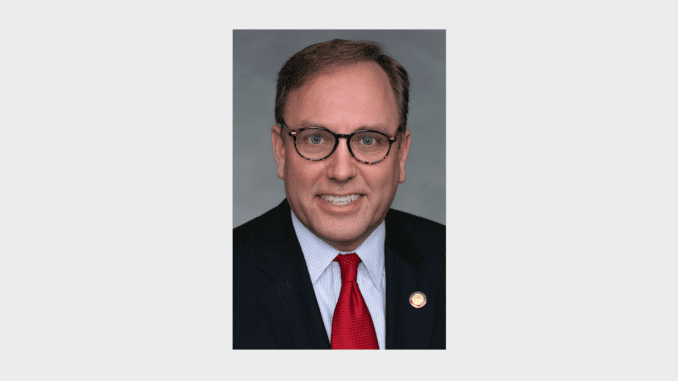
After the success of their efforts to legalize sports betting in North Carolina, some leaders in the General Assembly are working to open up four more casinos and lots of video gambling terminals. These Senate and House leaders are proposing casinos to be developed in Anson, Nash, and Rockingham counties. The Lumbee Tribe would also have the option to open a casino in the southeast. The hope for these casinos is to spur the economy, and the additional tax revenue will allow for continued income tax decreases.
Some Republican members would have you believe that their plan to introduce more casinos and video poker machines will benefit our state. Their premise is wrong. Casinos have consistently proven to be a strain upon the communities wherein they operate. I urge my fellow lawmakers to consider not just the short-term financial promises, but the long-term costs associated with casinos and increased gambling.
Our nation is in the midst of an opioid epidemic caused by decades of reckless drug policy. Across this state, thousands of lives have been wrecked by drugs and addiction. The last several years have seen record highs in addiction rates. Resources for addicts are stretched thin. Studies show that those who develop gambling addictions are also at a considerably higher risk for developing addictions to alcohol and illicit drugs.
The General Assembly recently passed legislation to legalize sports betting in North Carolina. This move is likely to increase rates of problem gambling, without addressing existing addiction problems. Adding casinos this session will make these problems worse. Problem gambling resources will not be able to meet the needs arising from such a sharp increase in both sports and casino gambling. More North Carolinians will face bankruptcy, divorce, and other substance addictions as a result of this legislation.
We will also need to prepare for increased crime rates. Studies show that the introduction of casinos has consistently brought with it increased crime, drunk driving, and strain on the infrastructure in a community. Drunk driving fatalities have increased in some instances by almost 10% in cities that open up casinos. North Carolina is already one of the twenty most dangerous states for drunk driving; we don’t need to make our highways less safe by adding casinos.
Law enforcement agencies are struggling to meet their staffing needs, with some departments in the state lacking one-fifth of the needed officers. Opening more casinos will only exacerbate the problems that law enforcement agencies are already facing. Problem gambling will increase crimes such as petty theft, illicit lending, and domestic violence—all of which strain local law enforcement and health services.
Increased gambling is often correlated with financial instability, marital problems, and poor workforce participation. Many people are able to gamble responsibly, but surveys show that of those who gamble, upwards of 5% will struggle with gambling addictions. The financial strain from gambling has a particularly strong effect on lower income households. Between hopes to get rich quick and higher rates of participants, poor people are particularly susceptible to the harm caused by gambling.
The proposed regions for casino growth are all placed within rural, low-income areas. This puts people who are the most at-risk for problem gambling closer to the institutions that facilitate and profit off of their addiction. This is a prescription for disaster for these communities.
The gambling industry says it wants to spur economic growth in underdeveloped areas as well as increase revenue, while lightening income tax burdens. However, the facts show that the General Assembly’s plan will do more harm than good. The gaming industry will profit off of the social losses of North Carolinians. While your income tax bill might be a few dollars lower, your neighbors will suffer from increases in crime and addiction. The casino owners in London, Canada, and New York win, and the people lose.
Rep. Neal Jackson represents Moore and Randolph Counties in the North Carolina House of Representatives.
